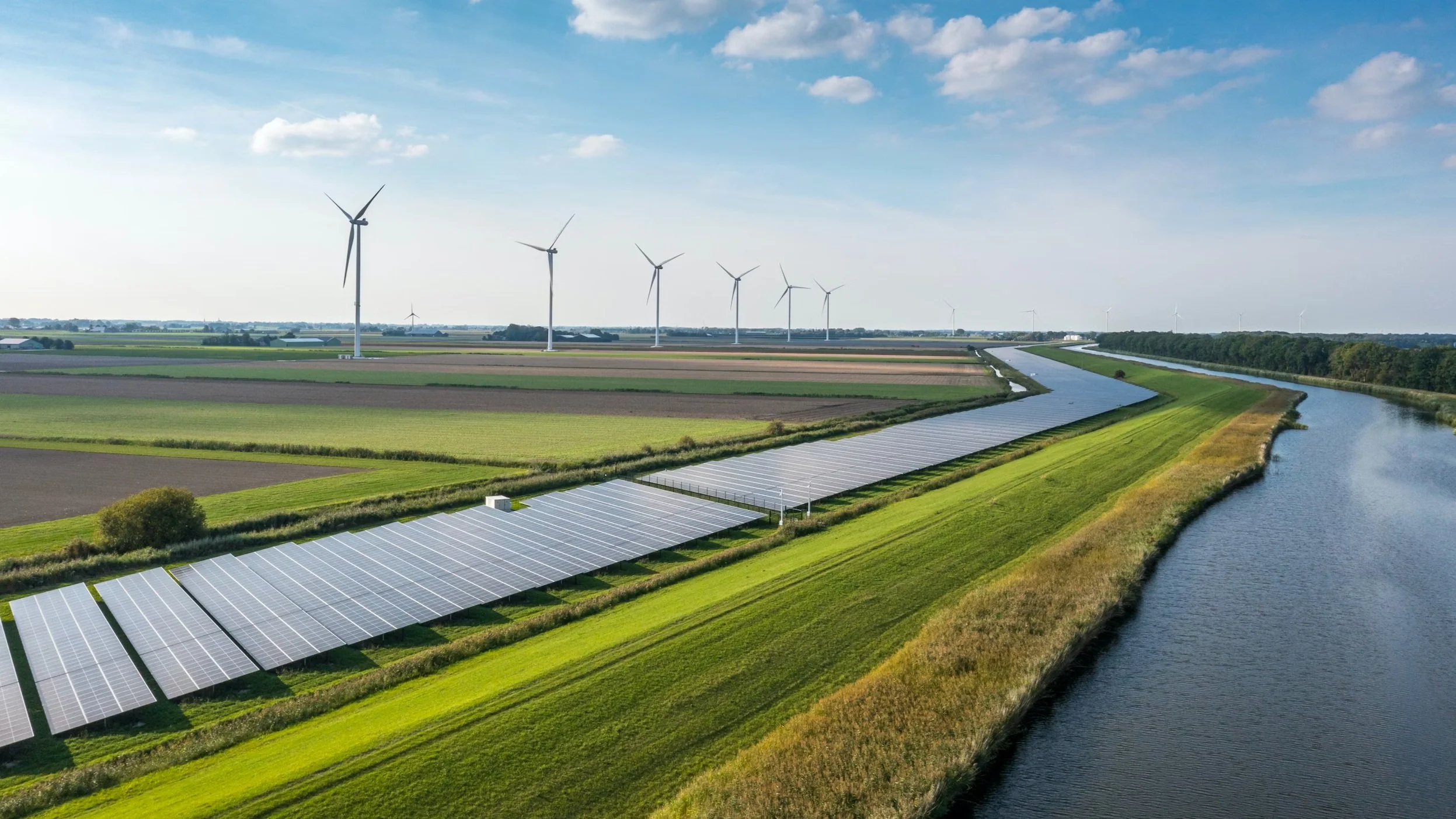
Sector Actions Towards a Nature-Positive Future
In December 2022, governments adopted the Global Biodiversity Framework (GBF) with a mission to halt and reverse nature loss by 2030. It clearly recognizes the role of businesses and financial institutions in achieving all the targets of the framework. Now, we need to scale and speed up business action to support the implementation of the GBF. For businesses to credibly contribute towards a nature-positive future, it is essential to adopt a sector-specific approach to nature action, recognizing the unique ways different sectors interact with and depend on nature.
Business for Nature, the World Economic Forum and The World Business Council for Sustainable Development have developed new guidance for 15 sectors. The sector-specific actions build on the high-level actions businesses should take to credibly help halt and reverse nature loss and contribute to an equitable, nature-positive economy. All businesses need to Assess, Commit, Transform and Disclose (ACT-D high-level business actions on nature). They should acknowledge the value of nature to their business; assess and measure their impacts and dependencies on nature; set transparent, time-bound, science-based targets; take actions to address their key impacts and dependencies; and publicly disclose performance and other relevant nature-related information.
The typical impacts and dependencies inform the sector-specific priority actions that companies should take to transform their business and meet the ambition they have set out as part of a credible nature strategy. ‘It’s Now for Nature’ is a global campaign to rally all businesses to act on nature and contribute towards a nature-positive world by 2030. Through a new Nature Strategy Handbook, the campaign will encourage businesses and financial institutions to develop and publish a nature strategy. This enables them to make a meaningful contribution towards the global goal to halt and reverse nature loss by 2030.
An overview of the key impacts, dependencies and priority actions for each sector is available, ensuring every business, across 15 sectors, can identify and implement relevant, impactful actions for nature. Comprehensive reports are also available that provide further depth, case studies and insights on the transformative actions specific to each sector.
Explore Sector Action slides for a deep-dive into the guidance for the sectors.
If you have any questions or feedback on the sector actions, please email Business for Nature.
Frequently Asked Questions
-
Business for Nature, the World Business Council for Sustainable Development and the World Economic Forum collaborated to develop these widely accepted sector-specific actions for businesses.
We thank the many leading academic, industry, NGO and government experts who provided invaluable perspectives, their contributions are acknowledged in each of the sector overviews and reports. Particular thanks go to Accenture who provided support to Business for Nature, building upon previous work with the Council for Sustainable Business and the UK Department for Environment, Food and Rural Affairs on the Get Nature Positive Handbook which served as a foundation for three sector reports (fashion and apparel, waste management and water utilities and services); Arcadis who provided support to the World Business Council for Sustainable Development; and, Oliver Wyman who provided support to the World Economic Forum.
Thanks also go to the World Economic Forum’s Advisory Panel: “Sector Transitions for Nature Positive” who have been consulted throughout the development of the sector actions. Members of the advisory panel include Business for Nature, Capitals Coalition, Ceres, Cambridge Institute for Sustainability Leadership (CISL), European Business & Biodiversity Platform (EU B&B), Financing for Biodiversity Foundation, Global Commons Alliance, Golden Bee, International Union for Conservation of Nature (IUCN), Metabolic, Partnership for Biodiversity Accounting Financials (PBAF), Planet Tracker, Science Based Targets Network (SBTN), Society of Entrepreneurs and Ecology, Taskforce on Nature-related Financial Disclosures (TNFD), Union for Ethical BioTrade (UEBT), United Nations Environment Programme Finance Initiative (UNEP-FI), University of Oxford, World Benchmarking Alliance (WBA), World Business Council for Sustainable Development (WBCSD), World Wildlife Fund (WWF).
This work is supported by the generous funding of the Global Environmental Facility, Porticus and the EU Commission, as well as Conservation International as the GEF implementing agency.
-
The reports summarize the potential key impacts and dependencies on nature of companies within each sector, based on a sector-level, global analysis and not ranked in order of materiality. The impacts and dependencies have been developed predominantly using the online ENCORE (Exploring Natural Capital Opportunities, Risks and Exposure) tool (accessed in December 2023) and the SBTN Materiality Screening Tool (which builds on ENCORE, accessed in December 2023) considering those potential impacts and dependencies that have high and very high materiality ratings. The content was developed in consultation with nature experts and key players in each sector, listed in the acknowledgements. Other sources are referenced throughout the document and include extensive desk research and academic reviews.
Company-specific impacts and dependencies and materiality will vary according to their specific activities, supply chains and operational locations. Companies will need to conduct an assessment to locate their interface with nature and evaluate impacts and dependencies using company-specific operation and supply chain information. TNFD’s LEAP approach and SBTN’s step 1 (screen and assess) and step 2 (prioritize) are useful frameworks to guide companies through their own assessment.
-
The concept of “nature positive” is widely acknowledged as a global goal to halt and reverse nature loss by 2030 and achieve full recovery by 2050, as captured in the mission statement of the GBF. It provides a collective and ambitious objective to guide the urgent actions of government, civil society, and business, in the same way ‘net zero’ does for climate action. A nature-positive world is where nature – species and ecosystems – is being restored and regenerated rather than declining. Individual companies, financial institutions and investors can contribute to this shared goal by developing and delivering ambitious nature strategies. Developing a nature strategy will help companies identify their risks, impacts and dependencies on nature and set out a plan for how to protect and restore the ecosystems upon which their business depends. In October, Business for Nature is launching a new campaign to help businesses get started on their nature strategies and support the implementation of the GBF.
-
The overviews are intended to be used globally, providing high-level actions for typical businesses in each sector. While the interaction with nature is dependent on a business’ specific activities, supply chains and operational locations, there are common, collective actions that businesses can implement to contribute to a nature-positive world.
-
Our immediate priority is to share the overviews and reports across different geographies and ensure the content is widely understood by companies. To help with this process we are planning to translate the overviews in due course. We may well develop other sector reports and overviews in the future. If you are interested in any specific sectors or are working on any similar reports, please get in touch with Business for Nature at contact@businessfornature.org.
-
As of September 2023, we have published sector actions for 12 priority sectors which are mapped against the Sustainable Industry Classification System.
-
The sector actions complement the guidance developed by the Science Based Targets Network (SBTN) and the Taskforce on Nature-related Financial Disclosures (TNFD). SBTN and TNFD focus on supporting businesses in assessing, committing and disclosing on their nature-related impacts, dependencies, risks and opportunities by delivering target-setting methods and a risk & disclosure framework respectively. These sector actions are built on the assessment of typical impacts and dependencies for each sector and support companies in transforming their business activity to meet their nature-related commitments and contribute to a nature-positive world.
-
By adopting the sector actions, businesses can contribute to the targets of the Global Biodiversity Framework (GBF) and the Sustainable Development Goals (SDGs). Read the supplementary resource mapping the sector actions against the GBF and SDGs.















